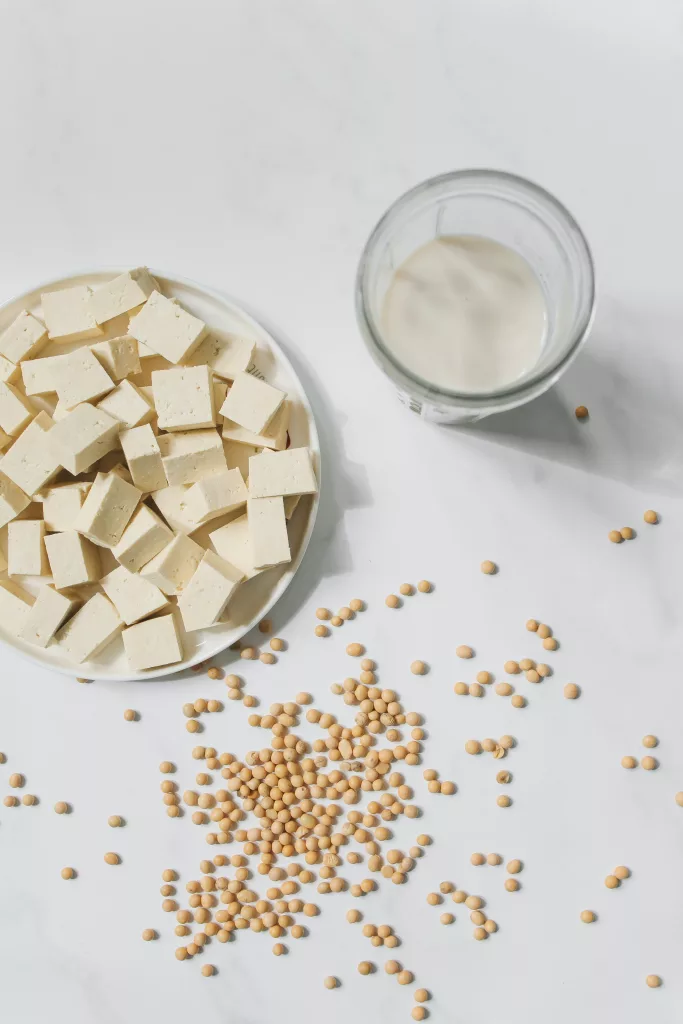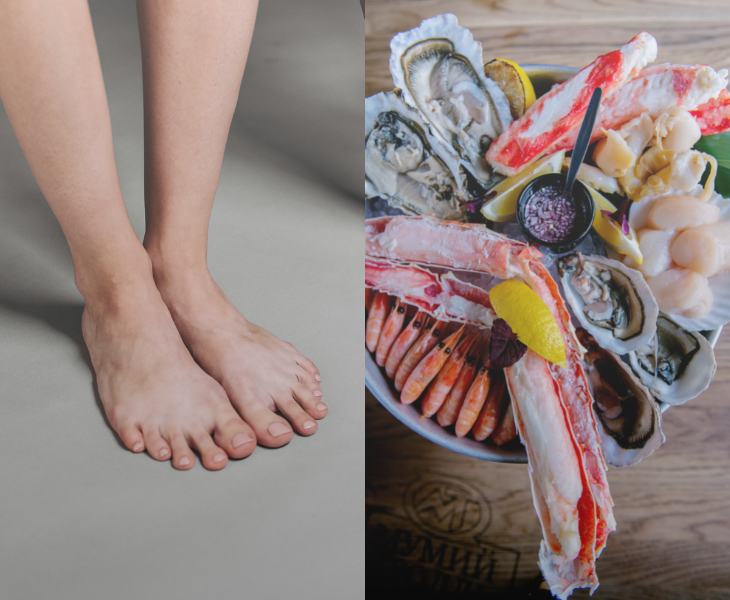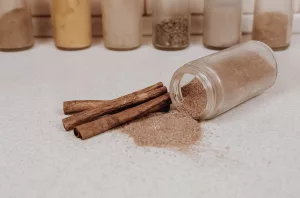Do you feel like you have gout? This article will go over the top 10 worst foods to avoid if you suffer from gout.
Crystals can build up within and around a joint if there is an excess of uric acid in the blood, which can lead to a painful form of arthritis known as gout.
Gout occurs when there are high amounts of uric acid in the body. Uric acid is produced in the body by the breakdown of purine, which is present in many foods. Anti-inflammatory drugs and pain relievers are the standard medications used to treat this condition.
Foods high in purines should be avoided by anyone with hyperuricemia (high blood levels of uric acid). Even though heredity plays a role in determining whether or not you’ll get gout, making healthy choices can lessen your risk and lessen your symptoms.
However, keep in mind that the effects of diet on uric acid production are minimal when compared to those of medication.
If you suffer from gout, it is best to avoid these foods.

1. Alcohol
While some alcoholic beverages may contain more purines than others, drinking alcohol in general hinders the kidneys’ ability to flush out excess uric acid, causing it to build up in the body.
2. Meat
Foods high in purines include red meats like beef and pork as well as poultry like chicken and turkey. The highest concentrations of purines are found in organ meats like liver, sweetbreads, kidneys, brains, tongue, and tripe. Don’t eat any organ meats at all. As a general rule, you should eat no more than 100 grams of meat per day.
3. Fructose-rich food
High fructose corn syrup can be found in a wide variety of unexpected packaged foods if you take the time to read the labels. Fructose-rich diets have been linked to an increase in ATP depletion. Because of this, uric acid levels may rise too high.
4. Fish and seafood
Seafood, particularly fish, is another common way to get your purine fix. Scallops, sardines, herring, anchovies, and mackerel are the fish most likely to aggravate gout symptoms. Due to the high levels of purines they contain, seafood like oysters, lobster, crab, and shrimp should be consumed in moderation.
5. Sugary foods and drinks

Although sugars contain few purines, a high-sugar diet has been linked to health problems that can aggravate gout, including obesity and diabetes. Half of the fructose in regular table sugar is converted to uric acid during digestion. Uric acid crystals can be precipitated by consuming any substance with a high sugar content.
6. Yeasts
The purine content of some yeasts and yeast extracts is relatively high. Foods and supplements containing them should be avoided. Because of this, beer in particular can trigger a gout attack. And that includes brewer’s yeast, yeast extract, and any other yeast-based dietary supplements.
7. Packaged Foods
Processed foods and refined carbohydrates tend to dominate the modern Western diet. The incidence of gout and other diseases and conditions, such as type 2 diabetes, cardiovascular disease, and obesity, have all been linked to these factors. You can help prevent gout and its symptoms by avoiding highly processed and refined carb foods and drinks.
8. Sauces and gravies
Gravies and sauces made from beef, pork, and poultry contain high amounts of purine because they are prepared with the fat and drippings from these meats and poultry.
9. Game meat
Wild game is a common source of uric acid, which may explain why gout was considered a “rich man’s disease” in medieval Europe. Wild-caught meats and fish are also included in this category.

10. Some Vegetables
Some vegetables are high in purines compared to others, but they do not appear to cause gout attacks in the same way that meat and alcohol do. Most people can tolerate moderate amounts of purines from foods like mushrooms, asparagus, peas, and some soy-based products. These may be worth keeping an eye out for in a food diary in an effort to identify potential flare-up triggers.
Maintaining a strict diet has been shown to reduce gout flare-ups. However, it may be challenging to avoid these foods if you have gout because purines are found in so many foods.
Be sure to get your recommended daily intake of fluids, which is between 8 and 16 cups. Half your drinks ought to be water.
Dietary changes using the above recommendations can be an effective way to manage symptoms and prevent future flares from gout, though medications may still be necessary in some cases.
For more help formulating a diet that will meet their needs, it’s a good idea to consult with a doctor.
Disclaimer: This is for informational purposes only.
Source: [verywellhealth]
Did you find this helpful? Let us know in the comments below.
You can also visit our Facebook and YouTube pages to know more about plants and their health benefits.
You might also like:
- 4 Amazing Ways to Use Breadfruit as Medicinal Plant
- Incredible Medicinal Uses of Lemon Grass and How to Use It
- How to Use Cardamom as Medicine For Digestion and Other Stomach Problems?
- 6 Medicinal Uses of Bamboo That Will Surprise You
- 10 Interesting Medicinal Benefits of Asparagus You Might Not Know About








